Six Tips to Help Reduce Your Debt
No one likes being in debt or owing money to someone, but there is a large percentage of the population in the United States that is currently in...
2 min read
 Chris Gottschalk
:
Mar 7, 2023 4:45:00 AM
Chris Gottschalk
:
Mar 7, 2023 4:45:00 AM
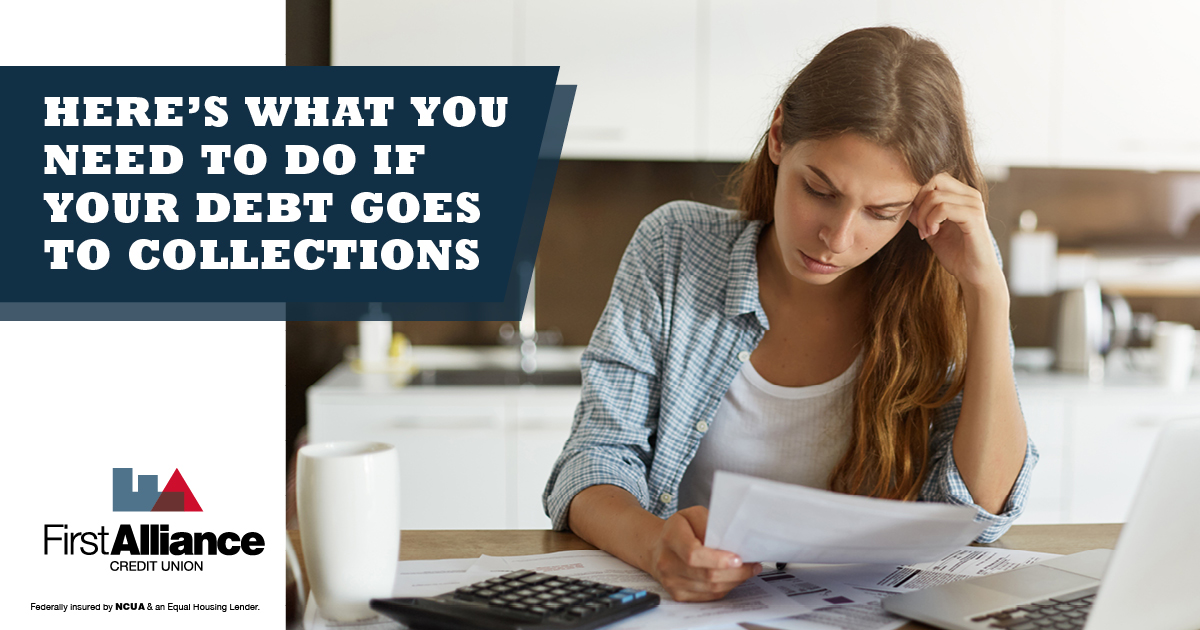
Getting a notice that your credit card debt has been sent to collections is terrifying. In fact, many people are so scared that they decide to ignore the matter until it’s unavoidable, like when they have to talk to a collections agent. However, taking action when your account goes to collections will help you deal with your debt and minimize the damage.
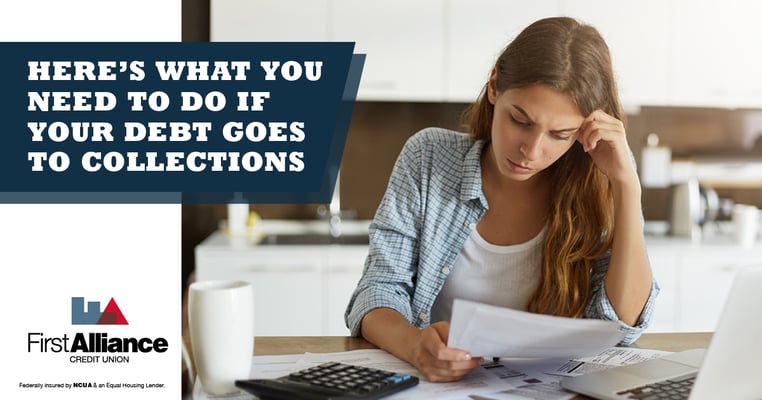
The first step you absolutely must take is to make sure you owe what the collections agency says you do. You can request validation of the debt, which means that the debt collector must provide proof that the debt is yours and that they have the legal right to collect it. You should also review your credit report to ensure that the debt is accurate.
If you believe the debt is not yours, you can dispute it with the credit bureau or the debt collector. You'll need to provide evidence that the debt is not yours, such as proof of payment or a police report if the debt is a result of identity theft.
Once you've verified the debt, try to negotiate a settlement with the debt collector. A settlement is an agreement to pay a portion of the debt in exchange for the debt collector agreeing to stop collections and reporting the debt to credit bureaus. You negotiate the amount you'll pay, as well as the payment terms.
When negotiating a settlement, make sure to keep detailed records of all communication with the debt collector. You should also get any agreement in writing and keep a copy for your records.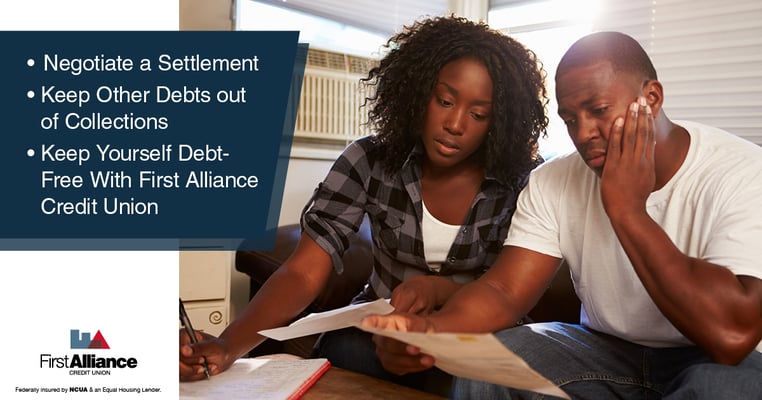
While you’re working with the collections agency to pay off your debt, you’ll also want to make sure to get rid of other debt, whether it’s from credit cards or other loans. Fortunately, you have several options on how to do this.
If you haven’t already, create a monthly budget that includes at least the minimum payments for all your debts. You can also set up automatic payments in your credit union or bank’s online banking platform to ensure you make the process easier.
Your best option, though, might just be to take out a debt consolidation loan. A debt consolidation loan is basically a loan for all the money that you owe, which you then use to pay off all your debts and pay off the loan instead. It reduces all your payments down to one, and you’ll also pay less interest on your debt—especially if you have debt on multiple credit cards.
Having an account sent to collections can be frightening, but you need to take action immediately in order to get the debt paid off and minimize the damage to your credit score. Verify the debt, and if it turns out you actually owe that amount, work with the collection agency to negotiate a settlement. You’ll also want to take steps to pay off any existing debt as well.
You can also keep collections agencies at bay when you become a member of First Alliance Credit Union. In addition to downloading our free debt organizer, you can also set up automatic payments when you use our online banking platform and even save some money by taking out a debt consolidation loan.
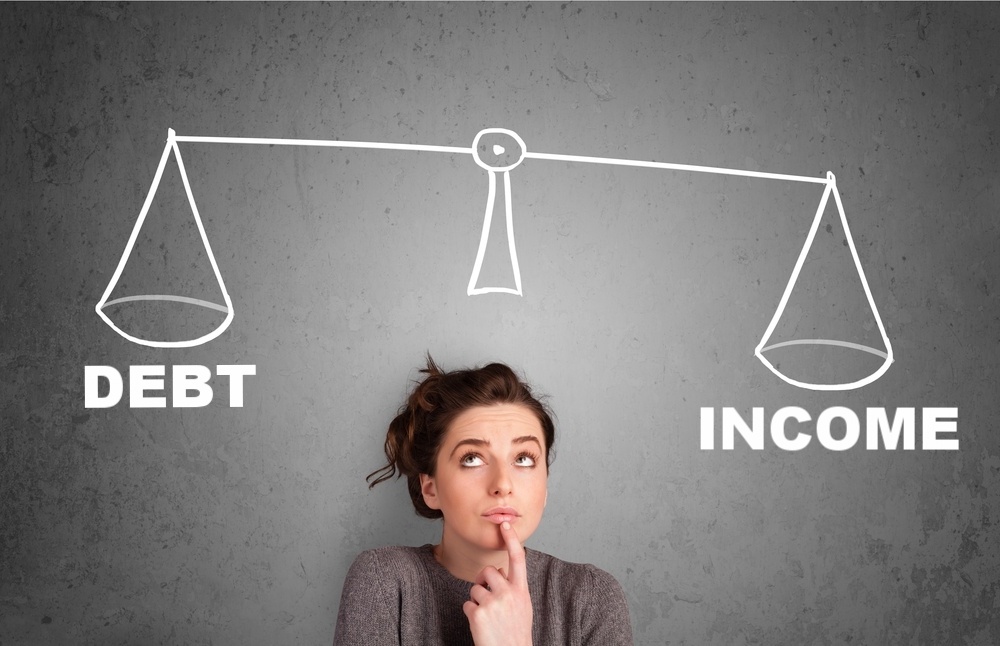
No one likes being in debt or owing money to someone, but there is a large percentage of the population in the United States that is currently in...
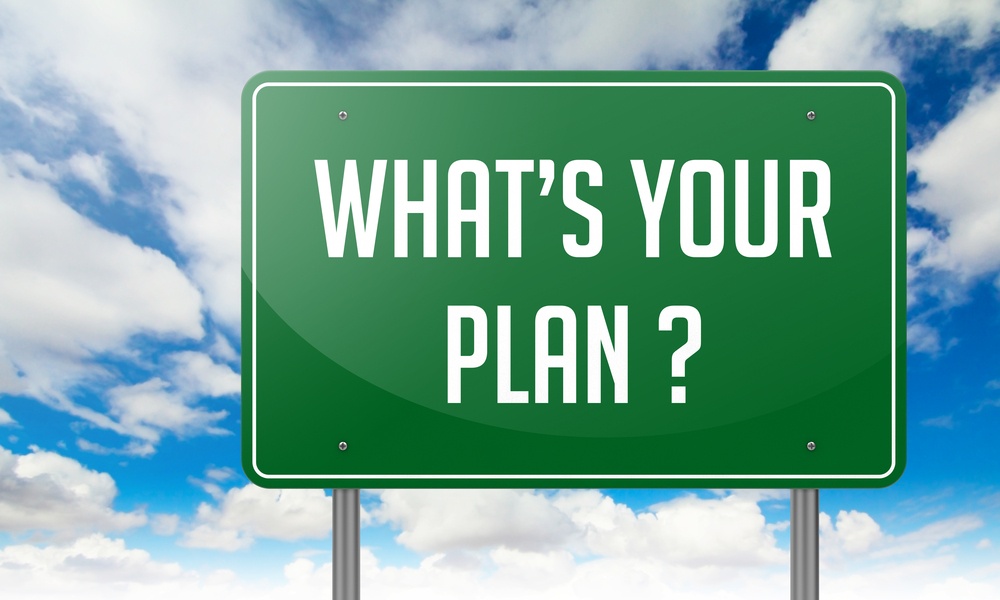
Many people say that they would love to pay off their debts. However, they're not quite sure just how to pay off debt. Fortunately, there are several...
-1.png)
If you’re trying to figure out how to get out of debt, chances are you’ve probably heard about debt consolidation loans and how they help people get...